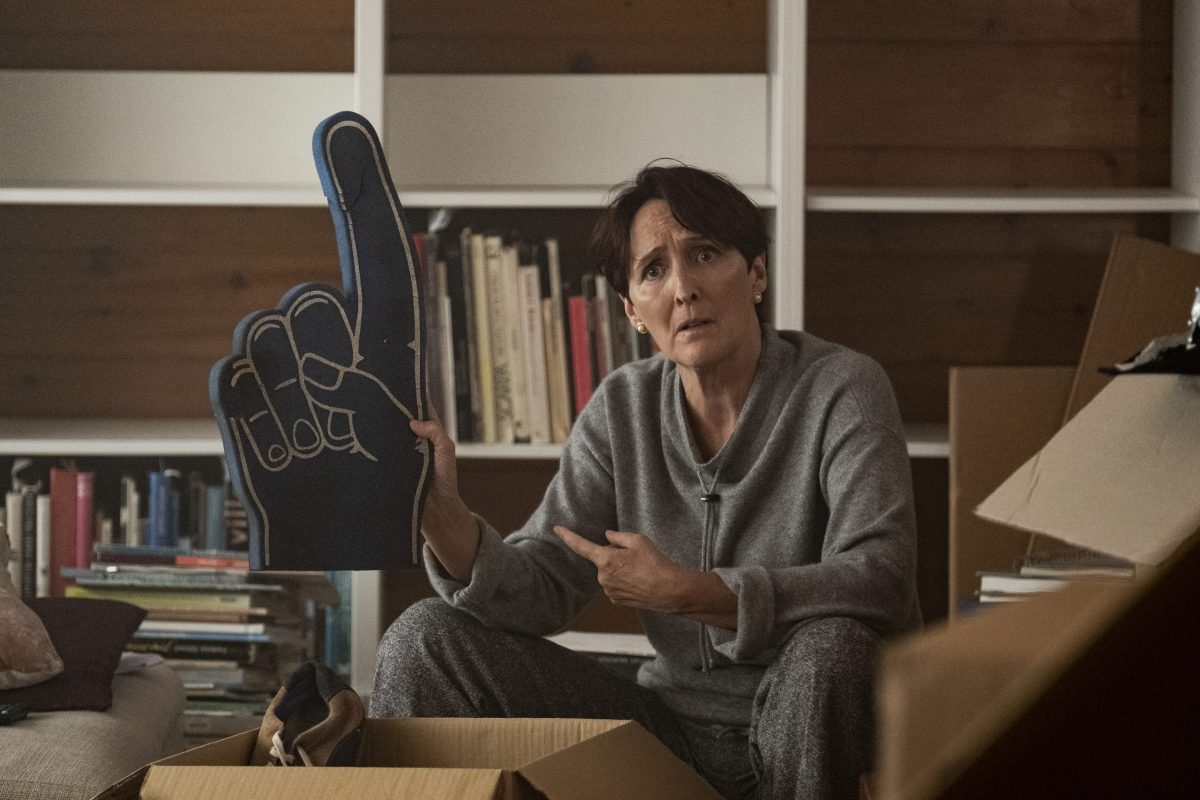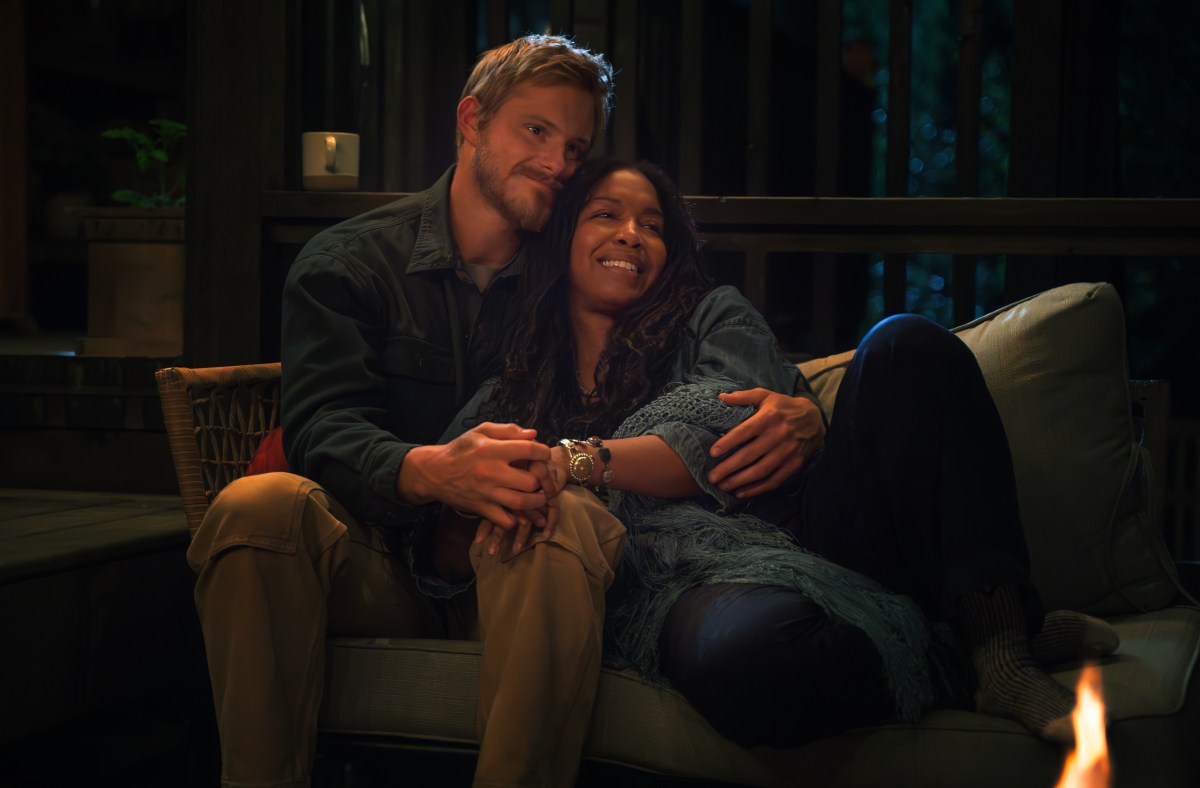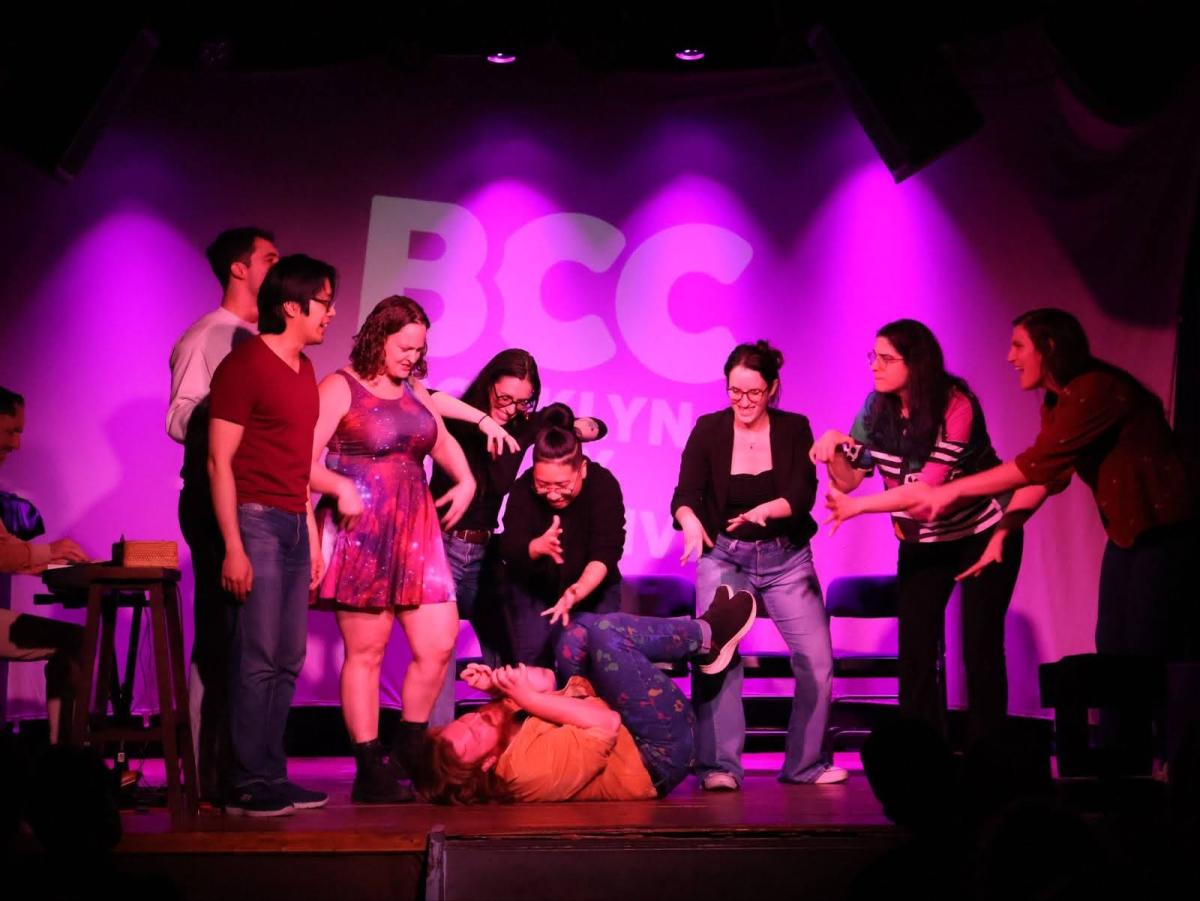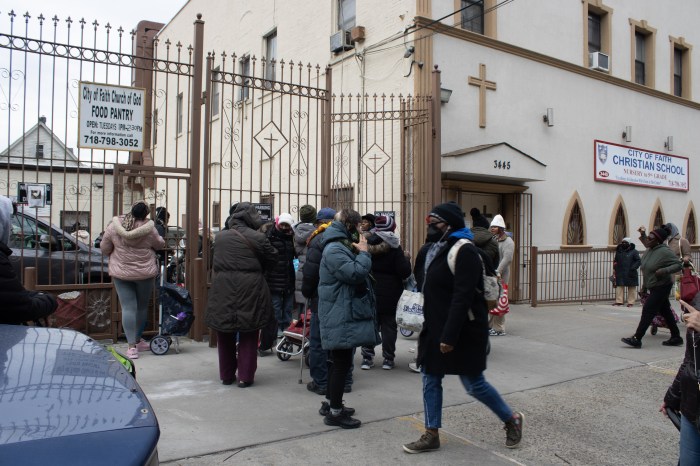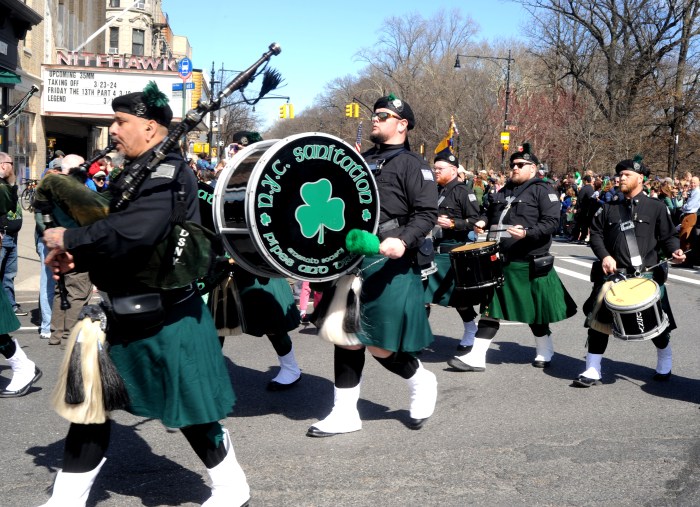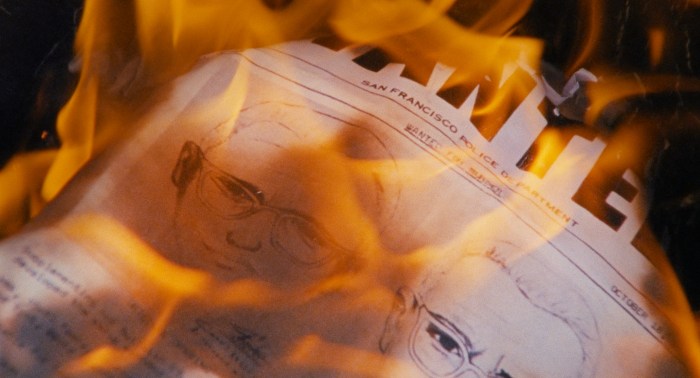BY MOLLY GIVEN
The intoxicating storyline of ‘Killing Eve’ has kept audiences on their toes and entranced for two seasons, with the third promising to be the most revealing yet. The plot follows an M15 security officer (Sandra Oh) on the hunt for one psychopathic killer with a flair for over-the-top murders (Jodie Comer.) The intense and alluring game of cat and mouse is ultimately overseen by Eve’s boss, Carolyn (Fiona Shaw) an MI6 officer with an impeccable amount of composure and wit.
The dynamics of the female characters in this series is truly unparalleled, each episode is full of shocks and exhilaration ultimately seducing viewers into delving into a world where no one is easy to figure out—and by the sounds of season 3, this invigorating ride is far from over. What most shows shy away from, ‘Killing Eve’ runs toward making it quite unique in representation specifically with its characters.
Fiona Shaw sat down with Metro to discuss more on what she does to enter into the mindset of Carolyn, and what ultimately is in store for season 3.
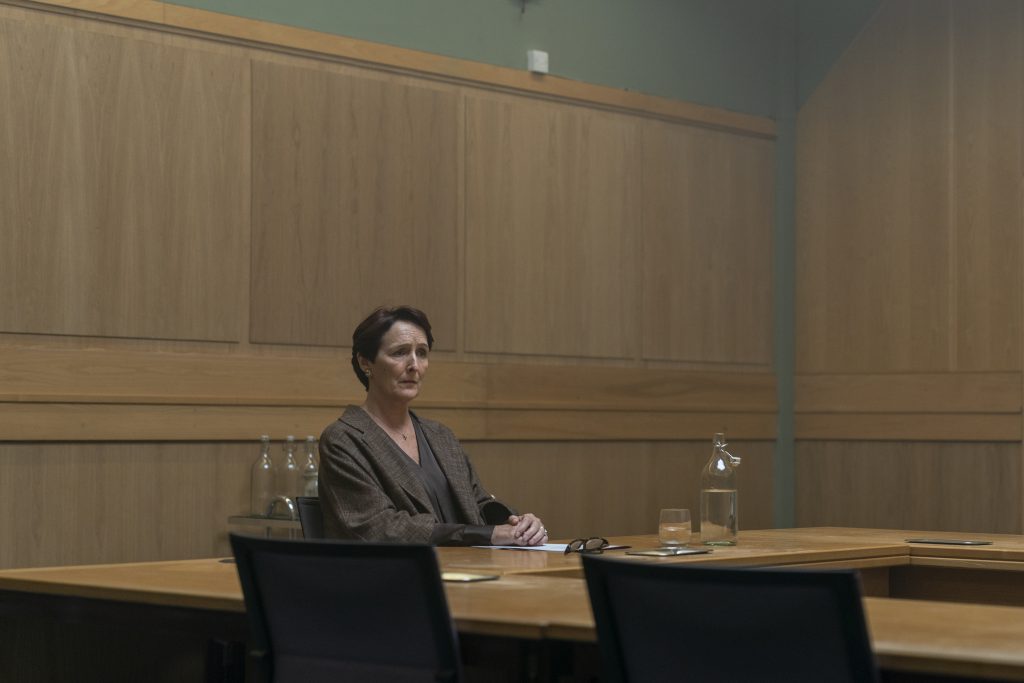
When you first read the script what was it about Carolyn that intrigued you to want to play her?
When reading [the script] I found myself whisking through the pages because, It’s almost inconceivable now to say, but we didn’t know what it was then—it was just on a piece of paper. I was so delighted at the quality and the precision of the writing, but I wasn’t sure who Carolyn was at all. In fact, when we started shooting, I said to Phoebe Waller-Bridge (writer of season 1), “I’m sure I’m not doing this right,” and she very sweetly showed me a text from her editor going, ” I love Carolyn.” So I thought, oh I must be doing something right. But there was this knife-edge thing that had to be discovered—the knife-edge being the wit of the writing and the wit of the characters. In that way, it’s not like anything else I’ve ever read or played. Normally, if you’re funny, you sort of indicate and the audience knows you know you’re funny, or you’re foolish and the audience knows you don’t know that you’re funny. With Carolyn, you just don’t know whether she knows she is or not. So, I was really blown away by the writing, but I was so very anxious about it because she is so not like me. I play all of these huge heroins that are often very physically agile or violent, or usually flying around stages, or eccentric—certainly for me, the exercise of playing someone so contained literally changed my acting. I think I’ve just never played anyone so contained in my life. I usually play the extreme characters and suddenly I’m playing more of a conservative character—well, in a way.
Do you do anything specific to get into Carolyn’s mindset?
Yes, very much so. I don’t think I could have played her until I was the age I am, I don’t think I would have had the confidence to dare. The exercise of it is quite hard and advance, it’s like going down with one ski on a slope, it has to be daring even though it seems so light and easy. If there’s ever a huge piece of information that Carolyn has to absorb, unlike you or I, she tends not to react to it. I do think people with that mentality, spies or people who have to hold secrets for their job or people who by nature are like that, hesitate before they respond. They are always one beat behind the rest of us. A bomb goes off and we would scream, but she just wouldn’t immediately. It’s got an element of being on the spectrum in a way, hasn’t it? Her heart beats slightly slower than everybody else and if she wasn’t good, she would be a psychopath.
In season 1 and 2, we get bits of who Carolyn is—would you say in season 3 audiences are going to get to know her even more?
Very much so, yes, there’s a lot of her in season 3. You get to know her more deeply and more personally. I think that’s a very good development for the plot and for the audience. People who watch it from the start know the surface of the character very much, and now you need to know them more personally, and that happens in season 3. I think it’ll be very interesting to get to know the emotional side more of those people. You can only keep the audience out for so long.
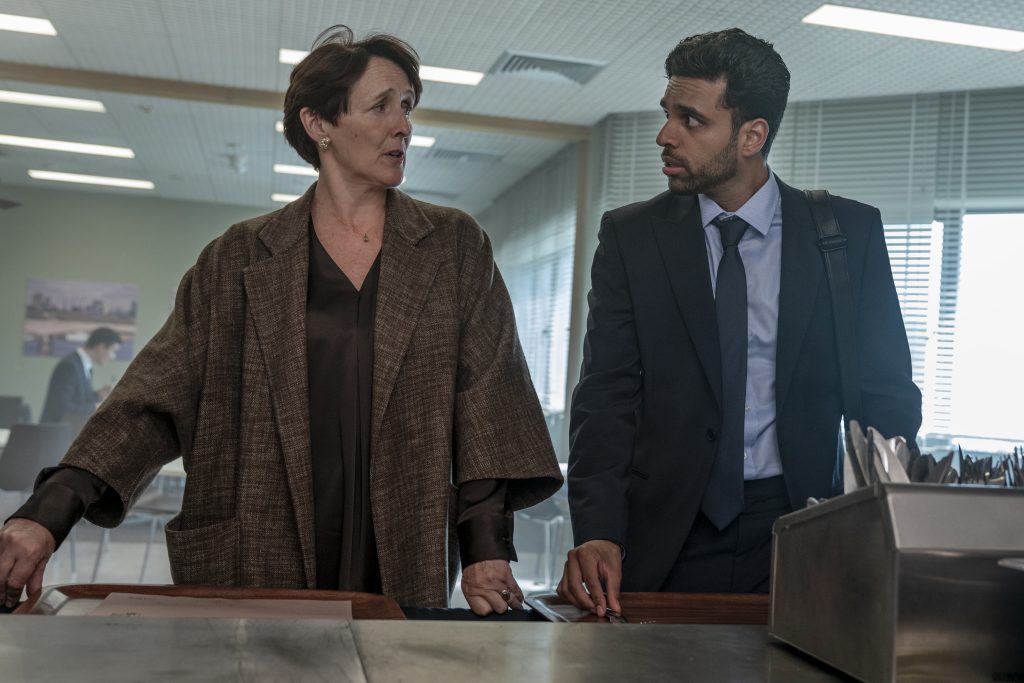
In an interview before you compared Eve, Villanelle and Carolyn to the Triple Goddess in literature, I found that interesting and wanted to get more on what you meant by that.
The theory of Robert Grave’s Triple Goddess is that there is The Virgin, The Mother and The Crone—three aspects of female nature, and I suppose in some response and some way, ‘Killing Eve’ is that. You’re dealing with innocence, which of course in ‘Killing Eve’ all gets turned on its head with Villanelle looking so innocent and being absolutely delinquent. Then you’ve got the Mother character in Sandra (Oh) who’s got no children, and then you have the wise woman in Carolyn who has a thousand disastrous relationships behind her. These things are not simplistic, they are a structure on which to hang a very powerful story of three women. I remember when I referenced that the journalist looked absolutely shocked as I said it, but I was only trying to get at the fact that often underneath these series, there’s usually something very profound. It doesn’t have to be conscious or academic in structure, but there is structure and that’s why they are successful because they have a very strong scaffolding of the history of that kind of writing underneath of them, consciously or unconsciously.
One thing I really enjoy about the series is the fact that these strong women characters are very complex, more so than you normally see.
I’m not sure it hasn’t been explored before, I think any good writing shows more than one aspect of people, but you’re right that a lot of women characters normally hold the moral good, don’t they? The men are bad and the girls are good. Hollywood particularly has been very careful and conservative about that. Somehow with these ‘bad’ women you know they are bad and you know that you must be frightened of them—the seduction of ‘Killing Eve’ is that you’re excited by them. That’s partially Phoebe Waller-Bridge’s ability to explore the bad in the good person and the good in the bad person. The fact that you might murder someone and then want an ice cream—she dared to write it, and it sort of set her hair running. The power of the plot is the plot, but the plot is just a machine, it’s the stuff that is irrelevant to the plot that is so full of the deliciousness of real life. I would say young women have needed permission for this in some way. But the possibility of being female should be just as exciting as it is to be male without being male.
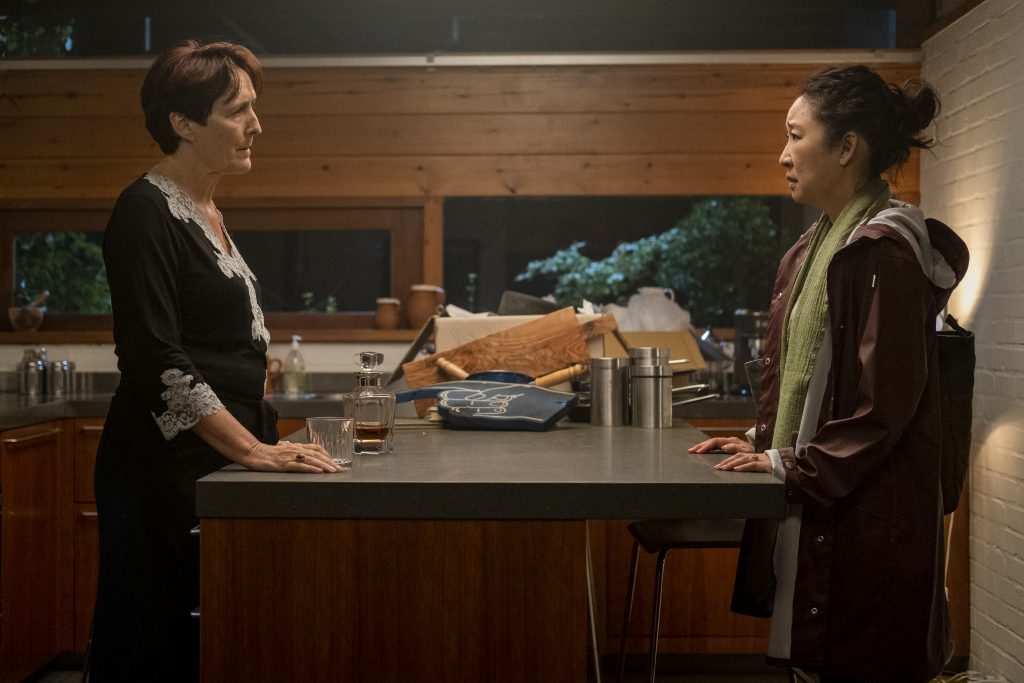
How is it working with Sandra and Jodie?
Well Sandra and I have a lot to do with each other’s characters which is just lovely, but I’ve had a lot less to do with Villanelle, though this year there is more, which is great. We both are very excited by that, we sent each other texts going, “We’ve got a scene together!” They are both delightful people and Sandra has been superb at keeping us all to the plot, she’s very, very good on the plot because she has to go in every day and deal with the things that got slightly nuanced maybe in a scene or shifted. So she’s like a brilliant table tennis player, she really is precise on all of the details. Jodie is just wonderful [as well] and I suppose she’s also got the most wonderful part where the more free she is, the more the audience loves it.
Overall what can fans expect for season 3 of ‘Killing Eve?’
All I can say is, I think some of them will faint—just keep watching.
‘Killing Eve’ season 3 premieres April 12 on BBC America.



